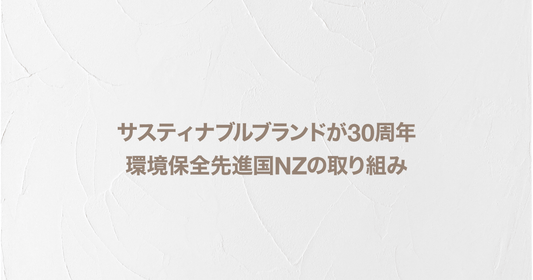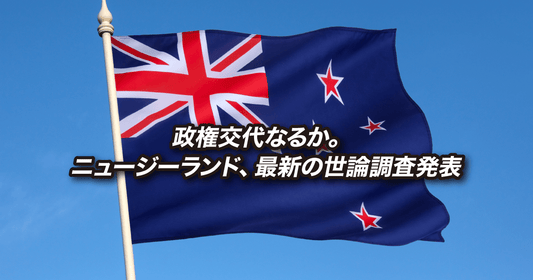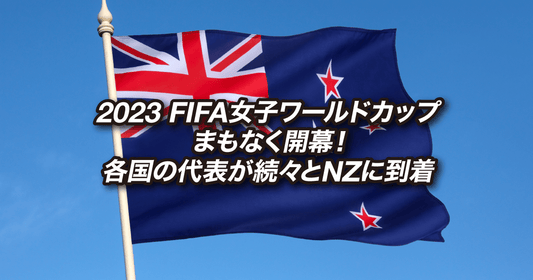
Since November last year, the only confirmed cases of COVID-19 in New Zealand have been in quarantine facilities for people who have entered the country. However, community infections have been confirmed for the first time in about two months.
The person who tested positive this time was a 56-year-old woman. She returned from Europe on December 30th of last year and, in accordance with the regulations, spent two weeks in quarantine at a hotel immediately after entering the country. Although two tests taken during that quarantine period were negative, she was diagnosed as "positive" about a week after leaving the hotel.
Infection in quarantine facility?
The woman who tested positive for the virus travelled from New Zealand via Spain to the Netherlands to visit family, before returning from London to Singapore before arriving at Auckland Airport.
After arriving in the country, they were immediately taken to a hotel designated as a quarantine facility in Auckland, where around 600 people were staying at the same time, of which 13 tested positive.
When the virus type was examined, it matched that of a positive case in the same quarantine facility. Although the type of contact between the two people is still under investigation, it seems likely that they were infected in the quarantine facility. It has also been revealed that the virus was a highly contagious South African variant.
As a result of these results, the quarantine period of the 46 people who were supposed to finish their quarantine at the facility has been extended and they will undergo further testing. The government has also requested that anyone who stayed at the quarantine facility between the 9th and 24th and has already returned home self-isolate immediately.
Who are the women in contact with?
After leaving the quarantine facility, the woman traveled for a few days in the south of her home in Northland (the top of the North Island, above Auckland). The Ministry of Health, Labor and Welfare has published the places and times the woman visited between January 14 and 22. According to the list, there were 30 places, including restaurants, cafes, and retail stores...!
The news caused long queues at testing centres across Northland, with some people having to wait up to seven hours.
Some testing centers were unable to recruit enough staff, and had to rely on two people to test hundreds of people who wanted to be tested. New Zealand plans to conduct thorough testing, but the government has called on people who have no contact with infected people or no symptoms to wait a little longer before getting tested.
A staff member working at the place the woman visited said in a television interview while she was waiting for the test:
Although I haven't had direct contact with the infected person, I cannot go to work until I test negative.
He said.
People who visited the same places as the woman are considered "casual contacts" (low-risk contacts), and people who actually spoke to the woman's family, stores, etc. are considered "close contacts." Fortunately, all close contacts, such as the woman's husband and hairdresser, have tested negative. Also, no positive cases have been reported so far from the testing center.
Fourteen close contacts tested negative.
What is the reaction from neighbouring Australia?
Australia is currently allowing entry from New Zealand. Until now, entrants were exempt from the two-week quarantine period. However, in response to the recent community infection, Australia has decided to stop entry from New Zealand for at least 72 hours. Some people have had their flights canceled just before they departed. The Australian government has also decided that New Zealanders will be required to quarantine for a while.
New Zealand and Australia share the same culture and language, so the barriers to immigration are low, and there are many cases where families are scattered across the two countries. Considering the people who travel between New Zealand and Australia to see their families, it would be ideal if immigration between the two countries could be made smoother, but the outcome of this case is unfortunate.
Last year, when community infections occurred for the first time in about 100 days, restrictions were put on the public's movements and the warning level was raised to 3 as soon as four positive cases were reported. This time, there is only one positive case. We will be watching future developments, such as whether the warning level will be raised or the quarantine period upon entry will be extended.
I can only pray that community infection does not spread.





